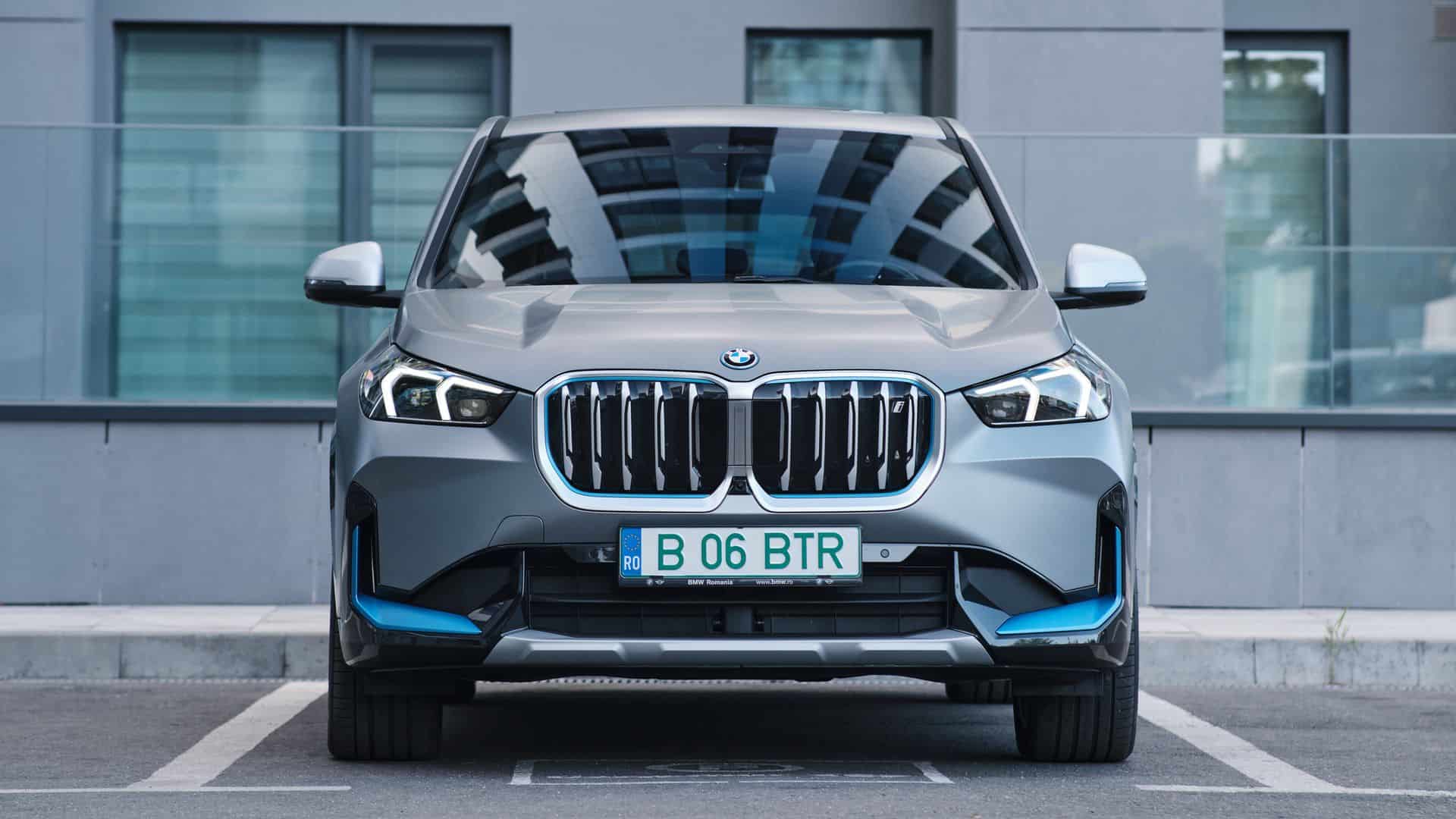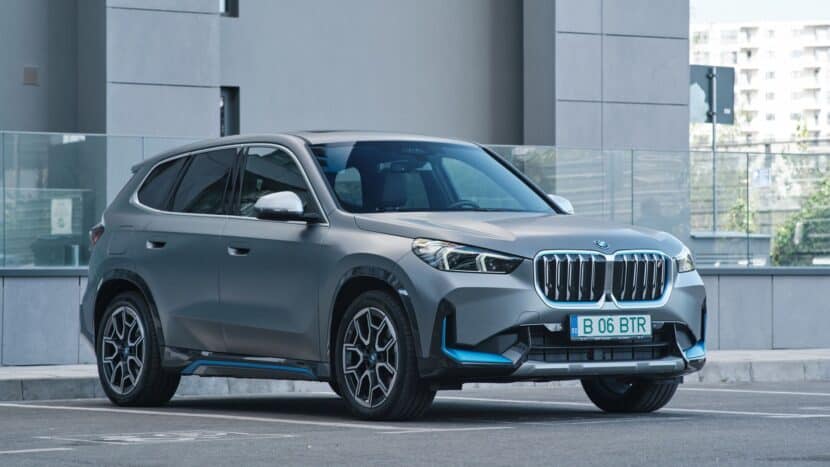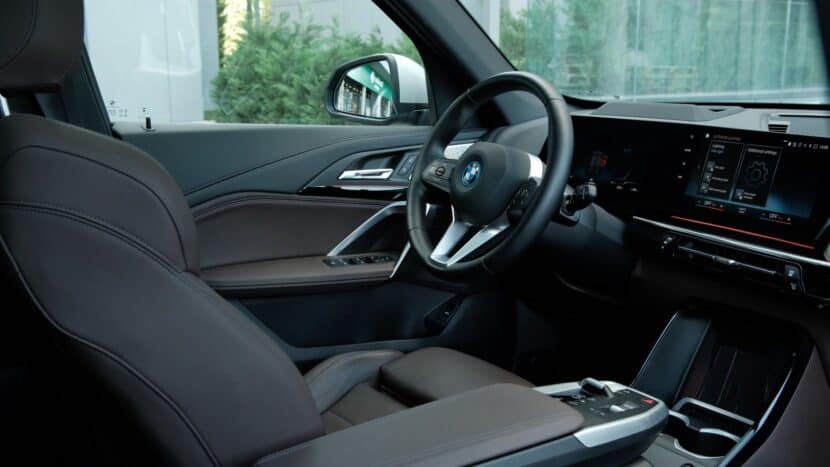The BMW iX1 electric crossover stood out as the top-selling BMW EV in Germany last year, proving its popularity in a crowded market. With 12,640 registrations, this compact SUV led BMW’s electric lineup, outpacing models like the i4 and i5. But while it became a customer favorite in Germany, its success highlights a noticeable gap in the U.S. market, where the iX1 electric isn’t available.
Germany’s Electric Vehicle Market in 2024: A Bumpy Ride
The EV market in Germany hit some roadblocks in 2024. After BEVs made up 18.43% of new car sales in 2023, their share dropped sharply to just 13.51% in 2024. BMW, however, managed to slow down this trend. The company not only increased its BEV market share from 17.34% to 18.06%, but also registered 1,646 more electric cars compared to the previous year. In fact, BMW’s BEVs made up over 11% of all EVs sold in Germany in 2024—an impressive jump from 7.7% the year before. Meanwhile, competitors like Mercedes and Audi struggled to keep pace. Audi’s BEV market share, for example, dropped significantly, from 12.39% to 10.79%.
Why the iX1 is Proving to be Popular
The BMW iX1 was a big reason for BMW’s success. Its relatively affordable price, compact size, and practicality made it a perfect choice for buyers looking for an entry-level luxury EV. It outperformed pricier models like the i5, which saw 7,849 registrations in its first full year, and the i4, which still managed an impressive 10,368 registrations. Interestingly, both the iX1 and i4 saw slight drops in sales compared to 2023. But the introduction of the i5 sedan and Touring variants ensured BMW continued to grow its BEV footprint.
Despite the iX1’s success in Germany, BMW hasn’t brought the electric crossover to the U.S. Instead, the brand’s electric lineup there focuses on larger models like the i4 and iX. This likely reflects different buyer preferences in the U.S., where midsize and larger SUVs dominate. Of course, we would argue that a more affordable EV crossover would do wonders for BMW in America. Naturally, this leaves BMW without a direct competitor in the U.S. compact electric SUV space, which is currently led by models like the Tesla Model Y and Volvo XC40 Recharge. [Via BimmerToday]







































































